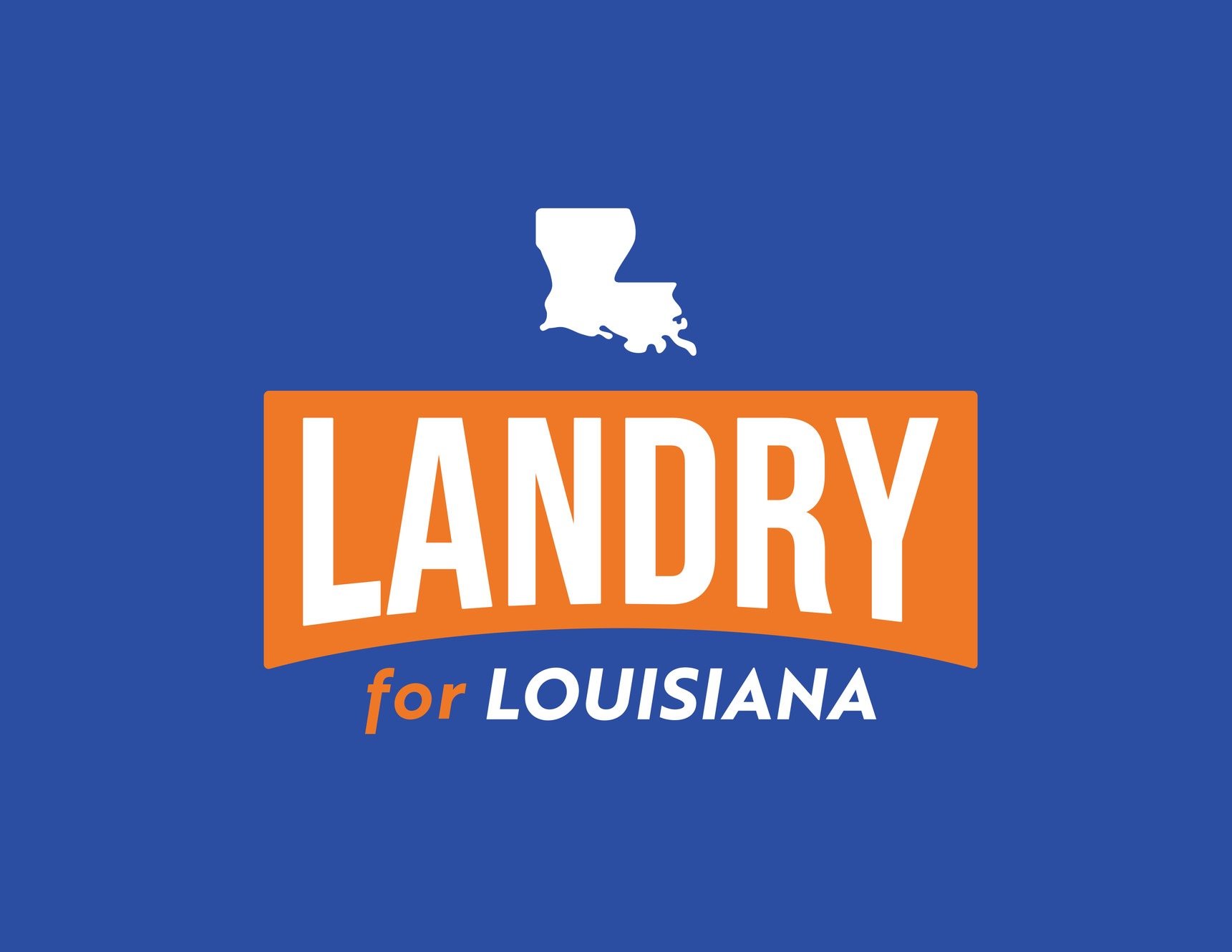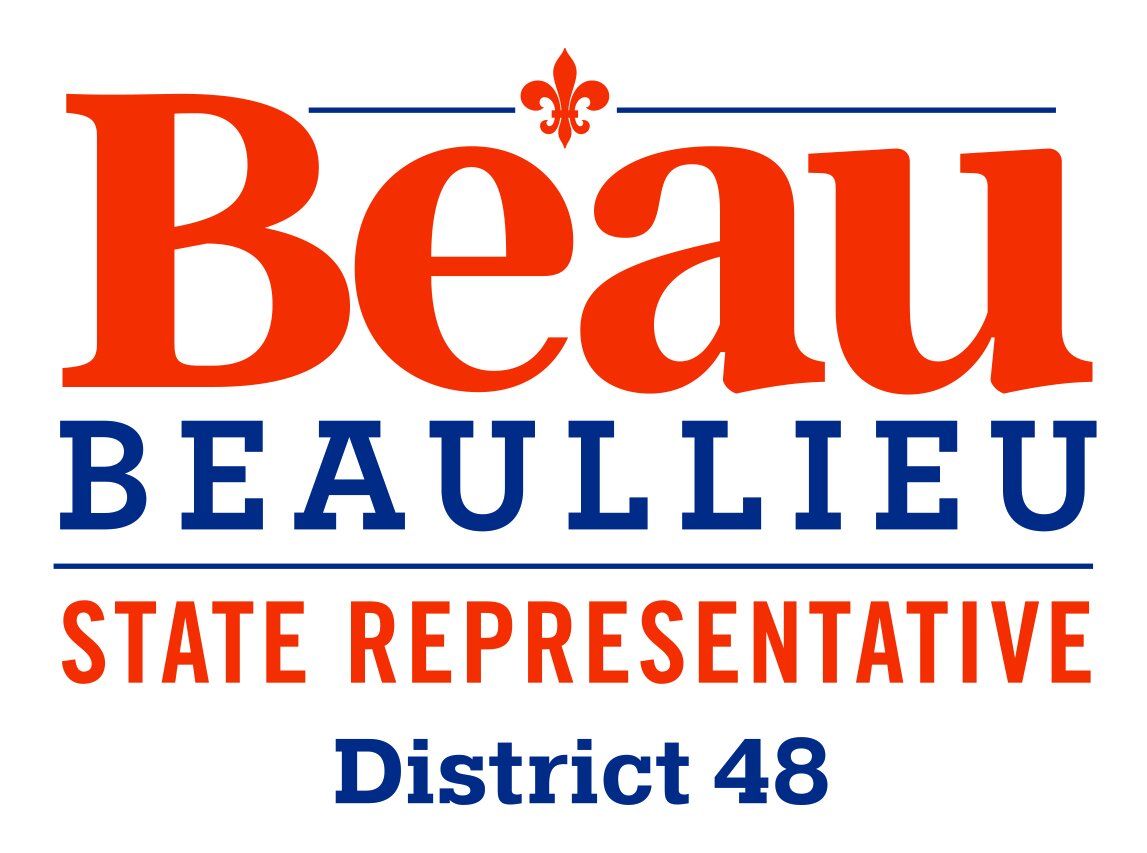Photo source: Flickr
Just after Saturday's election, I read yet another article with yet another warning to us about a smoldering fire in our oil patch. Knowing one part of that subject very well - related population loss - I immediately thought about Governor-Elect John Bel Edwards, and wondered if he is aware of the urgently important details. As far as we know, Governor Jindal never was.
Although the writer did not specifically direct his article to Louisiana, he might have justifiably done so. Oil prices and what they mean to our state's already difficult financial condition is serious stuff, perhaps as serious as the last time all of this hammered us. That was 1986 ... when the price of oil dropped 67% in just four months.
Truth be told, Louisiana never recovered from that hit, a fact notably highlighted by our population drop-turned-stagnation since. A solid marker of remembrance is our loss since 1990 of two of our then-eight seats in the U. S. House of Representatives. That is a key measure of any state's national political clout, driven solely by population gain or loss.
The article detailed how the price of a barrel of oil might be headed to $25 in the near term unless OPEC takes its heavy foot off the production accelerator. As I write this, with oil at $43, that price would equal a $200 million direct annual loss in state revenue. Already underway are the hits to corporate income taxes and many other losses attached to every worker who will leave to find a job he or she loses here ... exactly as we suffered in the late '80s.
That is what we must focus on: the loss of those workers, and the resulting population hit Louisiana may suffer. We learned this lesson last time, but far after its fact. We were hampered by how long it took to see critical yet basic such data from the Census Bureau and other sources. By the time the data could be assembled, analyzed, reported and then tracked, our state, parishes and cities were already suffering, mightily. We will have no excuse if it all happens again.
It is history worth specially noting ... right now.
In October 1973, when Israel attacked Syria and Egypt in its Yom Kippur War, OPEC declared an oil embargo to punish it, the United States, and other allied nations. The harshly negative impact in the U.S., however, was mitigated in Louisiana and other oil-producing states by a resulting quadrupling of oil prices - $3.00 to $12.00 a barrel - in a 14-month period.
In July 1973, just before OPEC launched the oil-price rocket, Louisiana's population was 3,788,375. As that rocket rose, so did our population, peaking twelve years later - July 1985 - at 4,408,113, a gain of 619,738 people ... 16.4%. In case that gain does not impress, consider this: over the thirty-year period since, our population has risen only 5.7%. The U.S. population gain over those 30-years has been 6-times ours, 34.0%.
Neither I nor John Bel Edwards has a crystal ball, but I am certain we each understand that notwithstanding our state's budget mess and battles over the past several years, our condition can certainly worsen, and in a hurry. As if Louisiana is not population- and economic growth-challenged enough, we should note that retiring boomers need move no further than Texas or the Florida panhandle to escape paying our state income tax. Such is a striking seducer, and a danger both explicit and inherent in any tax increases.
If, as the last time, job losses already underway are the canary in a coal mine of more trouble ahead, our governor-elect may serve but one term in office, as Governor Buddy Roemer did. Given my presence on Governor Roemer's political team, I learned that the hell such a downward spiral causes is a thing we should always prepare for, in every way possible.
Plenty of us who keep up with these subjects can make a case for $70 West Texas Intermediate crude a year from now. But, even if we are thus blessed, and oil prices change only positively into and through our state's economic future, there remain many, many more population and demographic risks ahead for Louisiana than at any time in our history.
Necessarily, we can do nothing about these very real risks unless and until our leadership acknowledges their existence. With our new governor, we at least have that hope.
Elliott Stoneciper
Shreveport, Louisiana.
(Elliott Stonecipher is in no way affiliated with any political party, and has long been a registered "Other," or Independent. He has no client or other relationships which in any way influence his selections of subjects or the content of any article. His work is strictly in the public interest, with no compensation of any kind solicited or accepted. Appropriate credit to Mr. Stonecipher in the sharing - unedited only, please - of his work is appreciated.)








